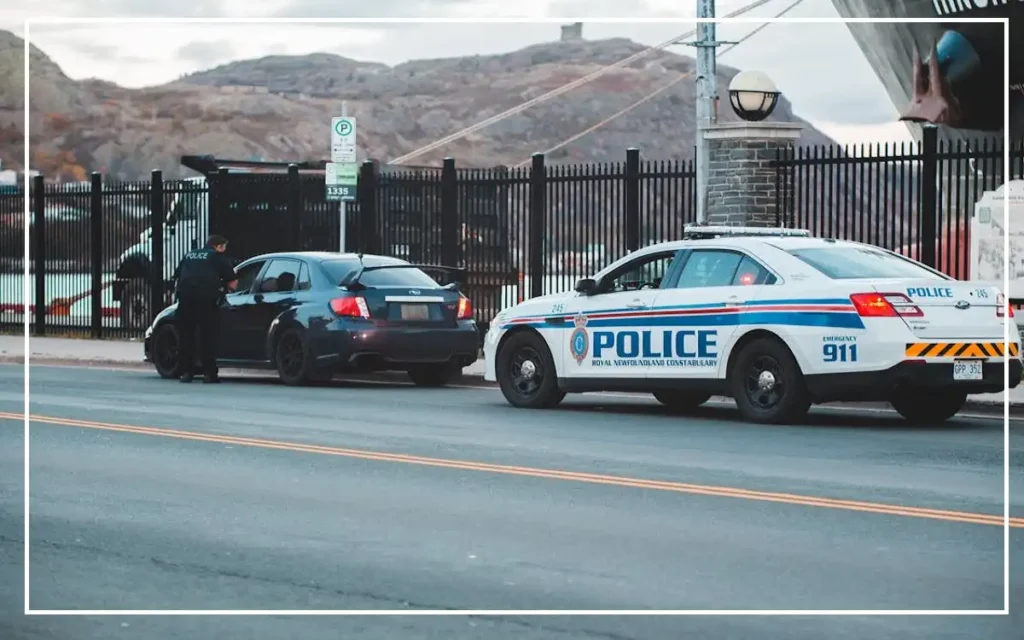|
Getting your Trinity Audio player ready...
|
California has deployed dozens of law enforcement officers to assist with security operations at the Republican National Convention (RNC) in Milwaukee, Wisconsin. This decision comes as political tensions reach a fever pitch ahead of the crucial 2024 presidential election.
Cross-State Cooperation in Turbulent Times
The California Highway Patrol (CHP) confirmed that a contingent of 45 specially trained officers departed for Wisconsin on Sunday, July 14th [1]. This marks the first time in recent memory that California has sent such a sizeable force to support an out-of-state political event.

CHP Commissioner Marcus Williams stated,
Our officers are among the best-trained in the nation when it comes to crowd control and event security. We’re proud to lend our expertise to ensure a safe and peaceful convention.
The RNC, scheduled to run from July 15th to 18th, is expected to draw tens of thousands of delegates, media personnel, and protestors to Milwaukee’s Fiserv Forum and surrounding areas [2].
Motivation Behind the Move
Several factors have contributed to the decision to bolster security at this year’s convention:
- Heightened political divisions: The polarized nature of American politics has raised concerns about potential clashes between convention attendees and protestors.
- Lessons from past events: The chaotic scenes that unfolded during the 2020 election cycle have prompted officials to take extra precautions.
- Interstate cooperation: This deployment underscores a growing trend of cross-state support for major events, reflecting the national importance of the presidential nominating conventions.
California’s Contribution
The California officers will work alongside local Wisconsin law enforcement and federal agencies, including the Secret Service and FBI. Their primary responsibilities will include:
- Crowd control
- Traffic management
- VIP protection
- Rapid response to any security threats
Governor Gavin Newsom of California emphasized the importance of this mission, stating,
While we may have our political differences, ensuring the safety and security of all Americans exercising their constitutional rights is paramount. California stands ready to assist. [3]
Reactions and Controversies
The decision to send California officers to a Republican event has not been without controversy. Some critics argue that the move is an unnecessary expenditure of California taxpayer money, while others see it as an overreach of state authority.

State Senator Lisa Martinez (R-Orange County) voiced her concerns:
While we appreciate the need for security, it’s puzzling why deep-blue California is so eager to assist with a Republican event. We need to ensure this isn’t a pretext for political meddling.
However, security experts have largely praised the move. Dr. Amanda Chen, a professor of public safety at UC Berkeley, noted,
This kind of interstate cooperation is crucial for handling large-scale events. It allows for the sharing of best practices and resources across state lines. [4]
Implications for Future Events
The deployment of California officers to the RNC may set a precedent for future high-profile political events. It raises questions about:
- The role of out-of-state law enforcement at national conventions
- The potential for increased federal oversight of event security
- The balance between ensuring safety and respecting local autonomy
As the convention unfolds, all eyes will be on Milwaukee to see how this unique security arrangement plays out. The success or failure of this initiative could have far-reaching implications for how major political events are secured in the future.
Looking Ahead
With the Democratic National Convention set to take place in Chicago next month, it remains to be seen whether similar cross-state security measures will be implemented. The outcomes in Milwaukee may well influence the planning for that event and others to come.
As the nation grapples with deep political divisions, the cooperation between California and Wisconsin in securing the RNC offers a glimmer of bipartisanship in these turbulent times. Whether this spirit of collaboration can extend beyond security operations to address the broader challenges facing the country remains to be seen.
For More News Update Visit California News



